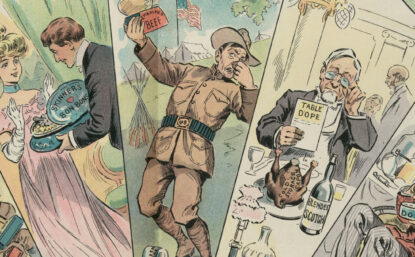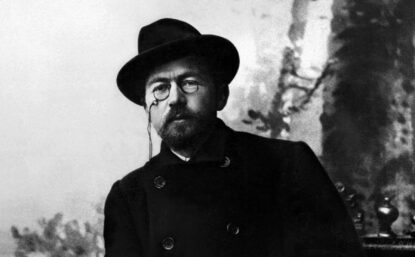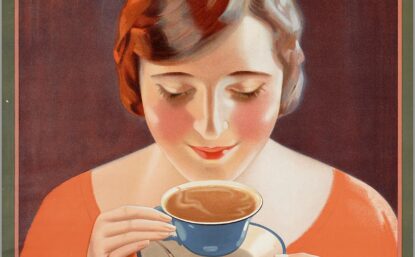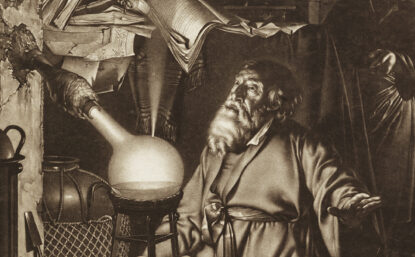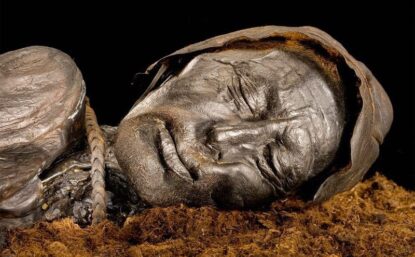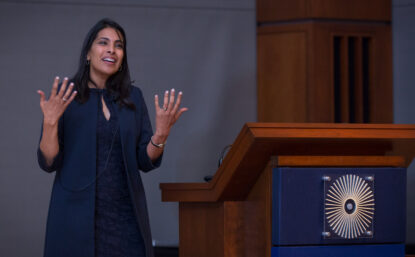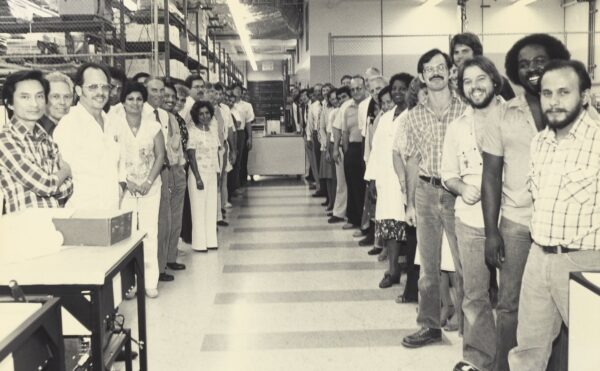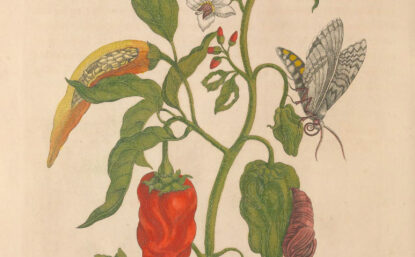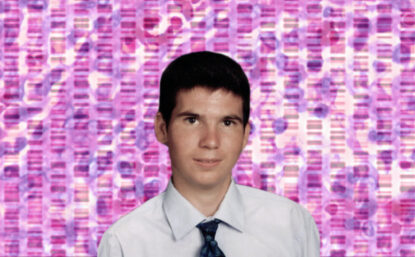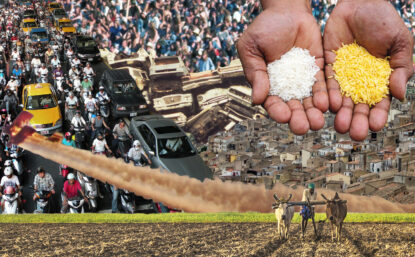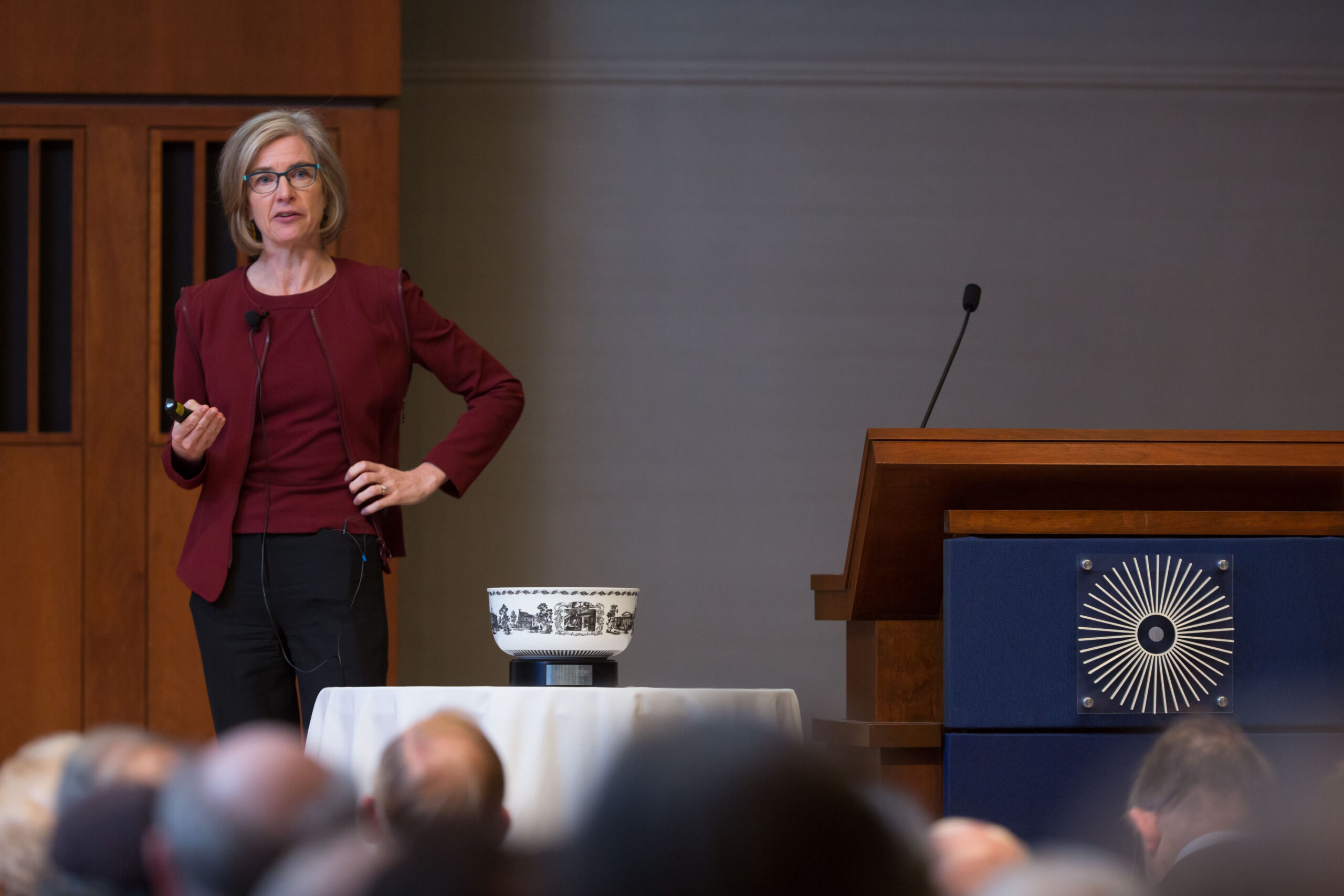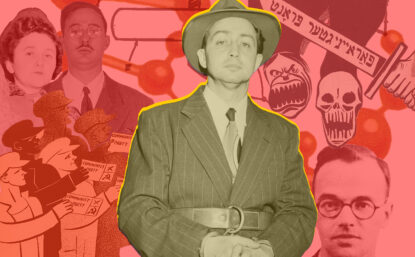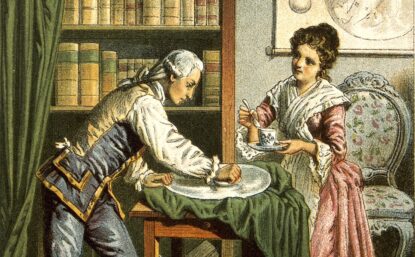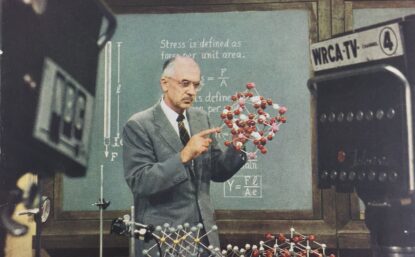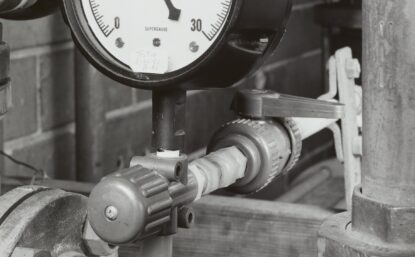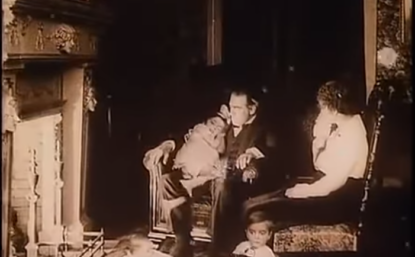Distillations magazine
Controversy, Control, and Cosmetics in Early Modern Italy
In a society that damned women for both plainness and adornment, wearing makeup became a defiant act of survival.
Distillations articles reveal science’s powerful influence on our lives, past and present.
Harvey Wiley’s Fierce Pursuit of Food Safety
Science writer Deborah Blum chronicles one chemist’s fight to bring order to a lawless food industry.
The Death of Anton Chekhov, Told in Proteins
New forensics techniques are allowing researchers to solve historical mysteries based on the small traces we leave on everyday objects.
Ronald Fisher, a Bad Cup of Tea, and the Birth of Modern Statistics
A lesson in humility begets a scientific revolution.
Hennig Brandt and the Discovery of Phosphorus
An engraving hints at the ways art and science were intertwined in the Age of Enlightenment.
Bodies in the Bog: The Lindow Mysteries
In the 1980s workers in an English peat bog started unearthing bodies, the apparent victims of violence.
Interview: Sangeeta Bhatia
The biomedical researcher talks about her work using nanotechnology to detect and treat disease.
Disability and the Myth of the Independent Scientist
Movies and television shows like to portray scientists as lone geniuses. But scientists with disabilities know the reality is much more complex.
Heat Therapy
Humans have a masochistic love of capsaicin, a molecule responsible for the burn in hot peppers. That connection could be a key to pain relief.
How Oral History Opens Up the Past
Historian Ingrid Ockert makes a case for the spoken word.
The Death of Jesse Gelsinger, 20 Years Later
Gene editing promises to revolutionize medicine. But how safe is safe enough for the patients testing these therapies?
Where Lies Humanity’s Salvation—Conservation or Innovation?
Scientists William Vogt and Norman Borlaug took very different approaches to feeding the world.
Can Science Build a Better Leaf?
Better photosynthesis, bomb-sniffing spinach, and that’s just the start of the ways plants are inspiring scientific innovation.
Interview: Jennifer Doudna
Distillations talks to the biochemist about the discovery of CRISPR-Cas9, the tool’s promise, and dangers of its misuse.
Harry Gold: Spy in the Lab
How did a Philadelphia chemist wind up a Soviet spy?
Making Space for Women in Astronomy
For centuries women have been looking at the stars despite earthly obstacles.
The Case of Continental Classroom
Before Bill Nye the Science Guy, there was Professor Harvey E. White of Continental Classroom.
Whose Knowledge Counts? Scientists with Cognitive Differences
Why emphasizing intellectual achievement and scientific “genius” harms scientists with intellectual disabilities—and the rest of us.
Where Are My Children? Public Health in the Movies
The silent movie Where Are My Children? is more than a century old, but its central question—who “deserves” access to reproductive rights—still resonates today.

